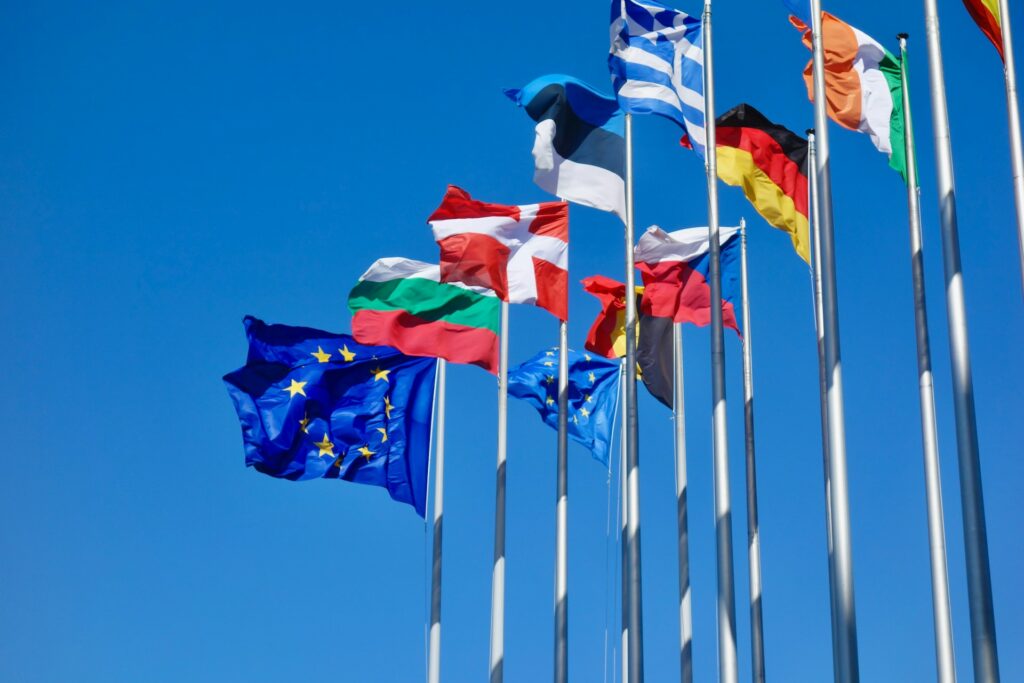With some 8-12 million people, the Roma people are the largest minority in Europe, present in each country. Due to their numbers, the Roma should have at least modest presence in the parliaments of European countries and in the European parliament as well. According to an estimation made by the ERIO (European Roma Information Office) 10 million Roma people would normally correspond to a 2 % representation in the European Parliament. It would mean 16 representatives out of 785 seats within the European parliament, Sarita Friman-Korpela writes.
In reality, however, there is only one Roma representative in the current European Parliament. In 2004–2009 there were two Roma representatives, both of them Hungarian women. In the term 1994–1999, the European Parliament had again only one male Roma representative, from Spain. The total number during the last 20 years can be counted on the fingers of one hand.
Political influence has become a major tool in overcoming the severe problems Roma communities face across Europe. There have been a great number of Roma programs on the international, national and local level within European countries but only few of these programs have made any effort to increase political participation and representation of the Roma in political decision-making. They mostly focus on increasing the educational and social standing of the members of the minority. Investing on social capital is of course vital for the social integration of the Roma, but active citizenship also requires the political integration of the Roma.
According to Thomas Hammarberg, former Council of Europe’s Commissioner for Human Rights, the under-representation of the Roma in local and national assemblies is a serious shortcoming in our democracies; it violates the right to political participation and perpetuates exclusion and marginalization of over ten million people in Europe. Hammarberg mentions some already well-known reasons for the Roma people’s invisibility in political arenas. One obvious reason is the long history of negative discrimination against them in Europe. Naturally, experiences of the past and continuing exclusion do not encourage the Roma to take part in political life. Human rights advocates usually claim that the racist attitude of political parties and governments is the cause of the absence of the Roma in politics. Many academics also argue that, recently, relatively well-funded projects have facilitated the Roma’s participation in project-driven work at the expense of mainstream politics.
The Roma people face obstacles in political decision-making everywhere in Europe, but the scale of the difficulties varies a lot from country to country. In countries like Finland, the Roma population is too small and too scattered to gain seats in the national parliament within any voting districts. On the other hand, in the countries with substantial Roma population (like Bulgaria or Romania) the communities are isolated and carry a very negative social stigma. Sometimes the Roma people’s ignorance concerning political processes has led to electoral manipulation causing even more suspicion over their political participation. Then again, technical problems such as lack of identity documents and exclusion from civic and voter registers require also political will in order to be solved. The vicious circle is hard to break.
All these causes create a dramatic gap in the use of political rights between the majorities and Roma minorities. Hammarberg holds mainstream political parties responsible for this situation, since they have not been active either in including Roma candidates in their voting lists or in adopting the Roma issue in their political agendas.
In recent years, especially after the EU enlargement in 2007 and the economic crisis that started in 2008, Roma issues have been on the political agenda in a number of countries. The history seems to repeat itself when the Roma are being the ones to blame for economic and other problems people in Europe are facing. Are these underprivileged communities really the ones who have created the bank crisis, a loss of jobs and the deterioration of Europe’s future prospects? That’s not very likely. To the contrary, they are rather the first ones to pay the price of the political and economical crisis. According to the monitoring lobbies such as ERRC (European Roma Rights Centre), violent attacks against the Roma and racist hate speech even from high level politicians and authorities have increased especially in Romania, Slovakia, the Czech Republic, and Hungary, but also in Western European countries like France and Italy. It is always very alarming when elections are won with the use of anti-Roma speech.
The national parliaments remain a challenge for the Roma in most European countries. Due to the problems mentioned earlier, there is rarely a Roma candidate attracting enough voters from their own community and/or from the majority. It is also highly misleading to think that all Roma have the same kind of political views based solely on their shared ethnic background.
So, what could be the ways for a more effective political participation of the Roma? There are different solutions depending on the number of the Roma population in a country and on each country’s political system.
In some countries, like FYR Macedonia, the Roma have established political parties of their own. In these cases, they have two possibilities to have a meaningful impact on national politics: the first one is to form a coalition with other Roma parties. The second is to negotiate a partnership with mainstream parties. However, in most of the countries it is the mainstream parties that offer a substantial channel to participate in political life.
The most pragmatic solution is to encourage both the mainstream parties and Roma individuals to take part in local elections. In Finland, there have been some positive experiences of Roma participation in elections at the local level. My personal advice for Roma origin candidates would be to focus on issues of general interest. One should not limit him/herself to the ethnic boundaries of a community in any sphere of life.
References
Hammarberg, Thomas (2008): “Roma representatives must be welcomed into political decision-making”. Council of Europe. Viewpoints/2008. http://www.coe.int/t/commissioner/viewpoints/080901_en.asp
Sobotka, Eva (2001): The Limits of the State: Political Participation and Representation of Roma in the Chech Republic, Hungary, Poland and Slovakia. Journal on Ethnopolitics and Minority Issues in Europe. Winter 2001-2002, 2-23.
Interview with Dezideriu Gergely, Executive Director of the European Roma Rights Centre http://www.errc.org/article/violence-against-roma/4055





